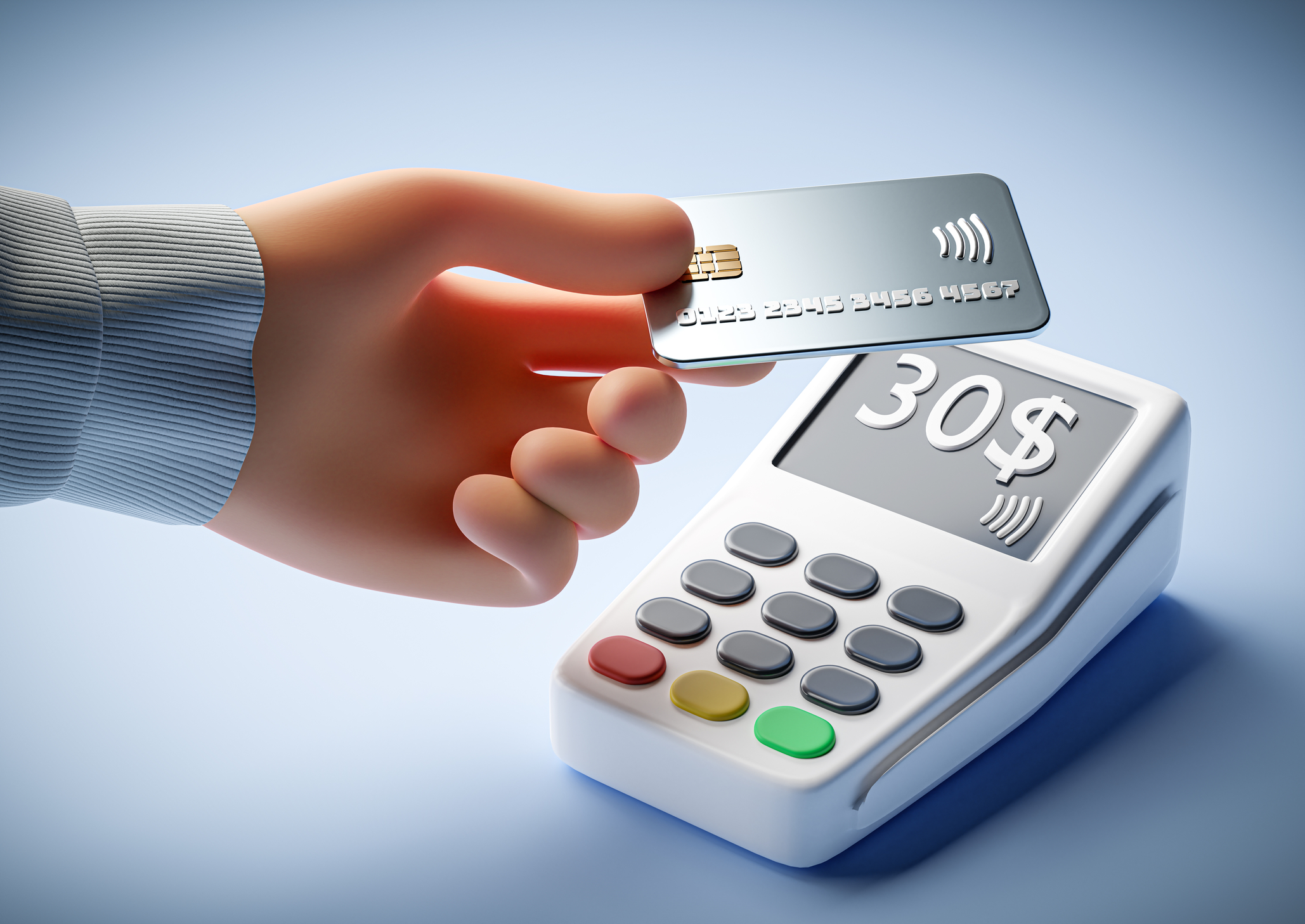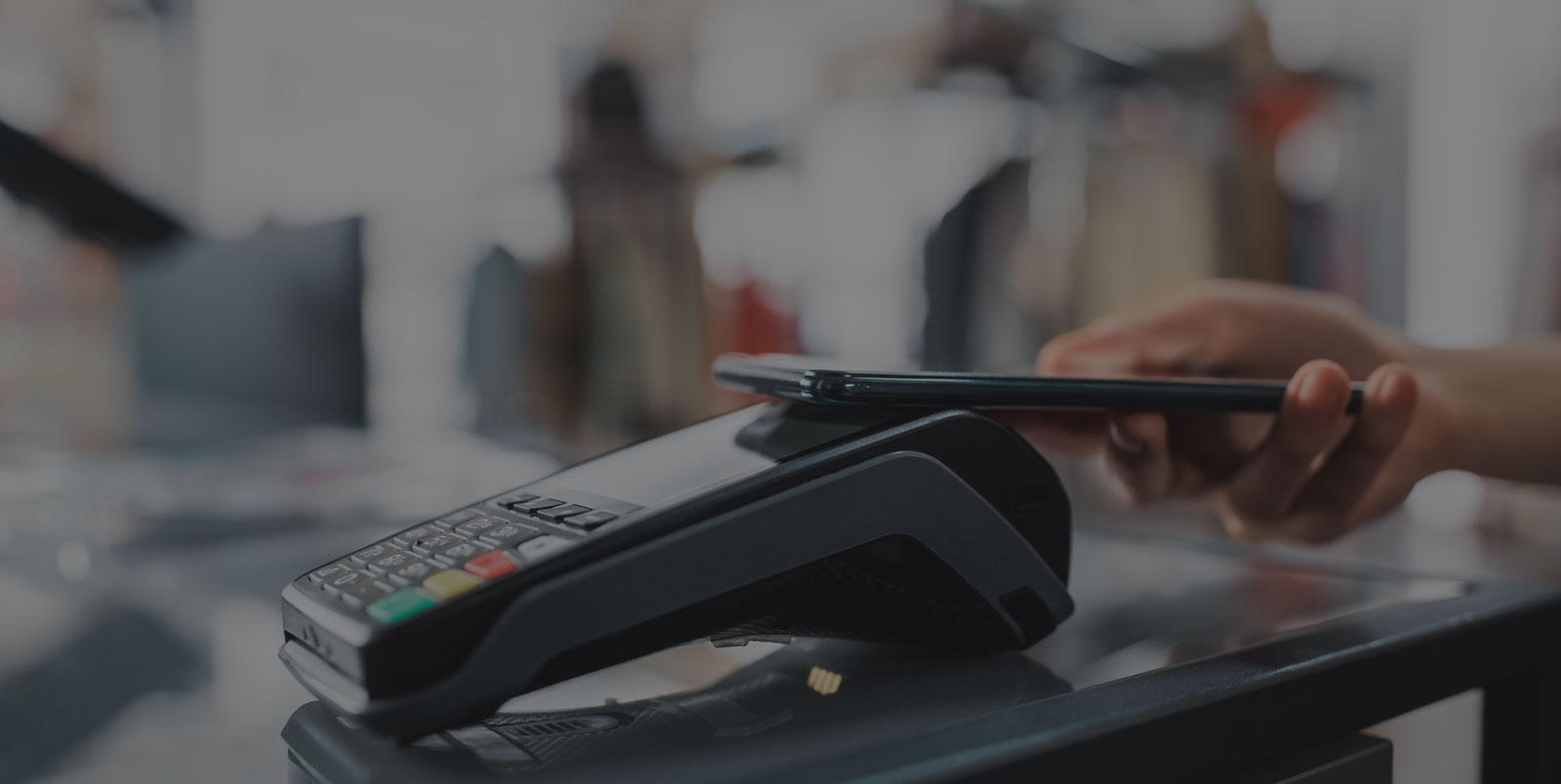
By admin August 12, 2024
In recent years, the popularity of CBD oil products has skyrocketed, with more and more people turning to these natural remedies for various health issues. As a result, the CBD industry has experienced significant growth, and businesses in this sector are thriving. However, one major challenge that CBD oil merchants face is finding a reliable payment processor that can handle their unique needs.
Due to the legal complexities surrounding CBD oil, many traditional payment processors are hesitant to work with CBD businesses. This has led to a rise in specialized CBD oil payment processors that cater specifically to the needs of CBD merchants. Choosing the right payment processor is crucial for the success of your CBD oil business, as it directly impacts your ability to accept payments and manage your finances effectively.
Factors to Consider When Choosing a CBD Oil Payment Processor
When selecting a CBD oil payment processor, there are several key factors that you should consider. These factors will help you assess the suitability of a payment processor for your specific business needs. Let’s take a closer look at each of these factors:
1. Assessing the Security and Compliance Features of CBD Oil Payment Processors

When it comes to handling sensitive payment information, security is of utmost importance. As a CBD oil merchant, you need to ensure that your customers’ data is protected from potential threats. Look for payment processors that offer robust security measures, such as encryption and tokenization, to safeguard your customers’ information.
Encryption is the process of converting sensitive data into an unreadable format, making it virtually impossible for unauthorized individuals to access or decipher the information. Tokenization, on the other hand, involves replacing sensitive data with unique tokens that have no intrinsic value. This ensures that even if a breach occurs, the stolen data is useless to the attacker.
In addition to encryption and tokenization, payment processors should also comply with industry regulations to ensure the security of CBD transactions. Due to the legal complexities surrounding CBD oil, it is crucial to choose a payment processor that understands and complies with the specific regulations governing the sale of CBD products.
For example, in the United States, the sale of CBD oil is subject to the regulations set forth by the Food and Drug Administration (FDA) and the Agriculture Improvement Act of 2018, also known as the Farm Bill. Payment processors should be well-versed in these regulations and ensure that their services align with the requirements.
2. Evaluating the Transaction Fees and Pricing Structures of CBD Oil Payment Processors
Transaction fees and pricing structures can significantly impact your bottom line as a CBD merchant. It is essential to carefully evaluate the fees charged by different payment processors to ensure that they align with your budget and business goals.
When comparing transaction fees, consider both the percentage charged per transaction and any fixed fees associated with each transaction. Some payment processors may charge a higher percentage fee but have lower fixed fees, while others may have lower percentage fees but higher fixed fees. Assess your average transaction size and volume to determine which fee structure is more cost-effective for your business.
In addition to transaction fees, consider any monthly fees or additional charges that may be applicable. Some payment processors may charge a monthly fee for access to their services, while others may have additional charges for features such as chargeback protection or fraud prevention tools. Take these fees into account when evaluating the overall cost of using a particular payment processor.
While it may be tempting to choose a payment processor solely based on the lowest fees, it is crucial to consider the overall value provided. Some payment processors may offer additional features and services that can help streamline your operations and enhance your customer experience, making them worth the slightly higher fees.
3. Comparing the Integration and Compatibility Options of CBD Oil Payment Processors
Integration and compatibility are crucial considerations when choosing a CBD oil payment processor. You need to ensure that the payment processor seamlessly integrates with your existing e-commerce platform or point-of-sale system. This will allow for a smooth and efficient payment process for your customers.
Consider the different integration options offered by payment processors, such as API integration, plugins, or hosted payment pages. API integration allows for a direct connection between your e-commerce platform and the payment processor, enabling real-time communication and data exchange. Plugins, on the other hand, are pre-built software components that can be easily installed on your platform to enable payment processing functionality.
Hosted payment pages are standalone web pages provided by the payment processor, where customers are redirected to complete their payment. This option requires minimal technical integration but may result in a less seamless user experience.
Choose a payment processor that offers the integration method that best suits your business needs and technical capabilities. Additionally, check for compatibility with popular e-commerce platforms, such as Shopify, WooCommerce, or Magento, to ensure a seamless integration process.
4. Analyzing the Customer Support and Service Level Agreements of CBD Oil Payment Processors
Customer support is a crucial aspect of any business relationship, and it is no different when it comes to choosing a CBD oil payment processor. Look for payment processors that offer responsive and knowledgeable customer support to address any issues or concerns that may arise.
Consider the availability of customer support channels, such as phone, email, or live chat, and the response times provided. Ideally, you should choose a payment processor that offers 24/7 customer support to ensure that you can reach them whenever you need assistance.
Additionally, review the service level agreements (SLAs) offered by payment processors to understand the level of support you can expect. SLAs outline the response times and resolution times for different types of issues, ensuring that you receive timely support when needed. A reliable payment processor should have clear SLAs that outline their commitment to resolving any technical or operational issues promptly.
5. Exploring the Reputation and Track Record of CBD Oil Payment Processors
The reputation and track record of a CBD oil payment processor are essential indicators of its reliability and trustworthiness. Look for payment processors that have a proven track record of working with CBD businesses and have positive reviews from other merchants in the industry.
Research the payment processor’s history, including how long they have been in business and their experience in the CBD industry. A payment processor with a long history of working with CBD merchants is likely to have a better understanding of the unique challenges and requirements of the industry.
Check for any negative reviews or complaints from merchants regarding issues such as withheld funds or poor customer service. While it is normal for any business to have a few negative reviews, pay attention to the overall sentiment and the resolution of any issues raised. A reputable payment processor should have a solid reputation and a history of providing reliable services to CBD merchants.
6. Understanding the Underwriting and Approval Process for CBD Oil Payment Processors
Due to the high-risk nature of the CBD industry, payment processors often have strict underwriting and approval processes for CBD merchants. It is crucial to understand these processes and ensure that you meet the necessary requirements to be approved as a merchant.
Typically, payment processors will assess factors such as your business’s financial stability, compliance with industry regulations, and the nature of your products. Be prepared to provide relevant documentation, such as business licenses, lab reports, and product information, to support your application.
Financial stability is an important consideration for payment processors, as they want to ensure that you have the financial capacity to handle potential chargebacks or refunds. They may request financial statements or bank statements to assess your business’s financial health.
Compliance with industry regulations is another crucial factor in the underwriting process. Payment processors want to ensure that you are operating within the legal boundaries of the CBD industry. This may involve providing documentation such as licenses, permits, or certificates of analysis for your products.
The nature of your products is also assessed during the underwriting process. Some payment processors may have restrictions on certain types of CBD products, such as those containing THC or those derived from marijuana. Ensure that your products comply with the payment processor’s guidelines to increase your chances of approval.
Frequently Asked Questions (FAQs) about CBD Oil Payment Processors
Q.1: What is a CBD oil payment processor?
A CBD oil payment processor is a specialized financial service provider that enables CBD merchants to accept payments from customers. These payment processors understand the unique challenges and legal complexities of the CBD industry and offer tailored solutions to meet the needs of CBD businesses.
Q.2: Why do CBD oil merchants need a specialized payment processor?
CBD oil merchants often face challenges when trying to find a payment processor due to the legal complexities surrounding CBD products. Many traditional payment processors are hesitant to work with CBD businesses, considering them high-risk. Specialized CBD oil payment processors understand the industry’s unique needs and have the expertise to navigate the legal landscape.
Q.3: What security measures should a CBD oil payment processor have?
A reliable CBD oil payment processor should have robust security measures in place to protect sensitive payment information. Encryption and tokenization are essential security features that ensure the data is protected from potential threats. Additionally, compliance with industry regulations is crucial to ensure the security of CBD transactions.
Q.4: How do transaction fees impact CBD merchants?
Transaction fees can significantly impact the profitability of CBD merchants. It is essential to carefully evaluate the fees charged by different payment processors to ensure that they align with your budget and business goals. Consider both the percentage charged per transaction and any fixed fees associated with each transaction.
Q.5: What integration options should CBD merchants consider?
CBD merchants should consider the integration options offered by payment processors, such as API integration, plugins, or hosted payment pages. API integration allows for a direct connection between your e-commerce platform and the payment processor, enabling real-time communication and data exchange. Plugins are pre-built software components that can be easily installed on your platform to enable payment processing functionality. Hosted payment pages are standalone web pages provided by the payment processor, where customers are redirected to complete their payment.
Q.6: How important is customer support for CBD merchants?
Customer support is crucial for CBD merchants, as it ensures that any issues or concerns can be addressed promptly. Look for payment processors that offer responsive and knowledgeable customer support through various channels, such as phone, email, or live chat. Additionally, review the service level agreements (SLAs) offered by payment processors to understand the level of support you can expect.
Conclusion
Choosing the best CBD oil payment processor is a critical decision for CBD merchants. It directly impacts your ability to accept payments and manage your finances effectively. By considering factors such as security and compliance features, transaction fees, integration options, customer support, reputation, and underwriting processes, you can make an informed decision that aligns with your business needs.
